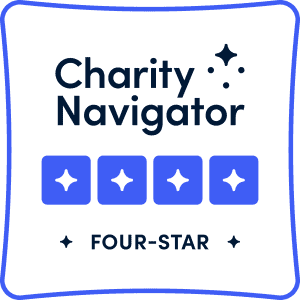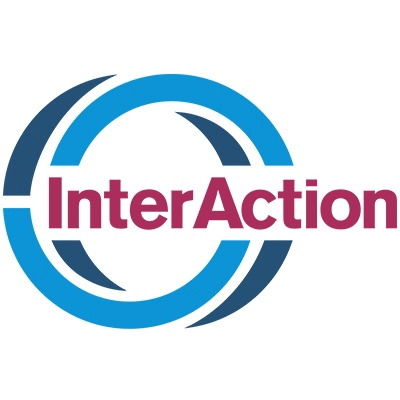Mozambique
Mozambique has shown a significant commitment to economic growth and development since the end of a fifteen year Civil War in 1992. In fact, Mozambique reached the Millennium Development Goal to halve the number of people living with hunger by 2015.
Mozambique’s economy relies heavily on smallholder farmers—they produce about 70% of the country’s agricultural production. Most farmers are very vulnerable to environmental shocks, as the majority of farmed land in Mozambique is largely in flood and drought-prone areas. In addition to climate change, the impacts of the COVID-19 pandemic and the recent outbursts of conflict have threatened the livelihoods of people throughout the country.
Located on the coast of Southern Africa, and bordered by Tanzania, Malawi, Zambia, Zimbabwe, South Africa and Swaziland, Mozambique is a country with a population of nearly 32 million. After five centuries of Portuguese colonization, Mozambique gained its independence in 1975. However, it was not until 1992 that the country experienced political stability.
Our Work in Mozambique
In Africa, The Hunger Project works to build sustainable community-based programs using the Epicenter Strategy. An epicenter is a dynamic center of community mobilization and action, as well as an actual facility built by community members. Through the Epicenter Strategy typically 5,000-15,000 people are brought together as a cluster of rural villages — giving villages more clout with local government than a single village is likely to have and increasing a community’s ability to collective utilize resources. The epicenter building serves as a focal point where the motivation, energies and leadership of the people converge with the resources of local government and non-governmental organizations. Over an eight-year period, an epicenter addresses hunger and poverty and moves along a path toward sustainable self-reliance, at which point it is able to fund its own activities and no longer requires financial investment from The Hunger Project.
The Hunger Project has been working in Mozambique since 2006 and is currently empowering community partners to end their own hunger and poverty. Through its integrated approach to rural development, the Epicenter Strategy, The Hunger Project is working with community partners to successfully access the basic services needed to lead lives of self-reliance and achieve internationally agreed-upon markers of success, such as the Sustainable Development Goals.
Women’s Empowerment Program
Our Women’s Empowerment Program (WEP) span across program areas, from reforestation that eases the burden of women who gather wood to encouragement of women to take control of the health and nutrition of themselves and their families. To accomplish these initiatives, we rely heavily on coordination with the government, specifically with the Ministry of Women and Social Action.
Governmental involvement has led to trainings for members of the community on gender and legal issues, preventative and maternal health, food production techniques, basic accounting, family law, protection of women’s rights especially relating to land conflict and domestic violence, and couples’ relations especially relating to behavior and inequality of labor and education. Many farmers make their own fertilizers and pesticides at home, reducing their overall expenses. They are also able to harvest and plant seeds on their own rather than buying new ones each year.
Social Entrepreneurship
Our social entrepreneurship initiatives focus largely on conducting technical training to community members on income generating activities such as brick-making, sale of agricultural products, agro-processing, and fish farming. We also hold workshops covering the topics of creativity and innovation in business design, and financial management for business owners. Many of the entrepreneurs participating in this program contribute a portion of their profits to the epicenter and different projects that benefit their community.
The Hunger Project
Av. Amilcar Cabral
No. 873, Vivenda
Maputo
Phone: +258 21 31 61 75
Fax: +258 21 31 60 80
Team
News
Make change happen. Invest in people.
Mailing address
The Hunger Project
110 West 30th Street, 6th Floor
New York, NY 10001
Get connected
Join the conversation on social, and stay connected with the latest from our partners around the world.
Stay informed
Subscribe to our newsletter to receive updates of latest news and events.
© The Hunger Project | Website by The Good Alliance






